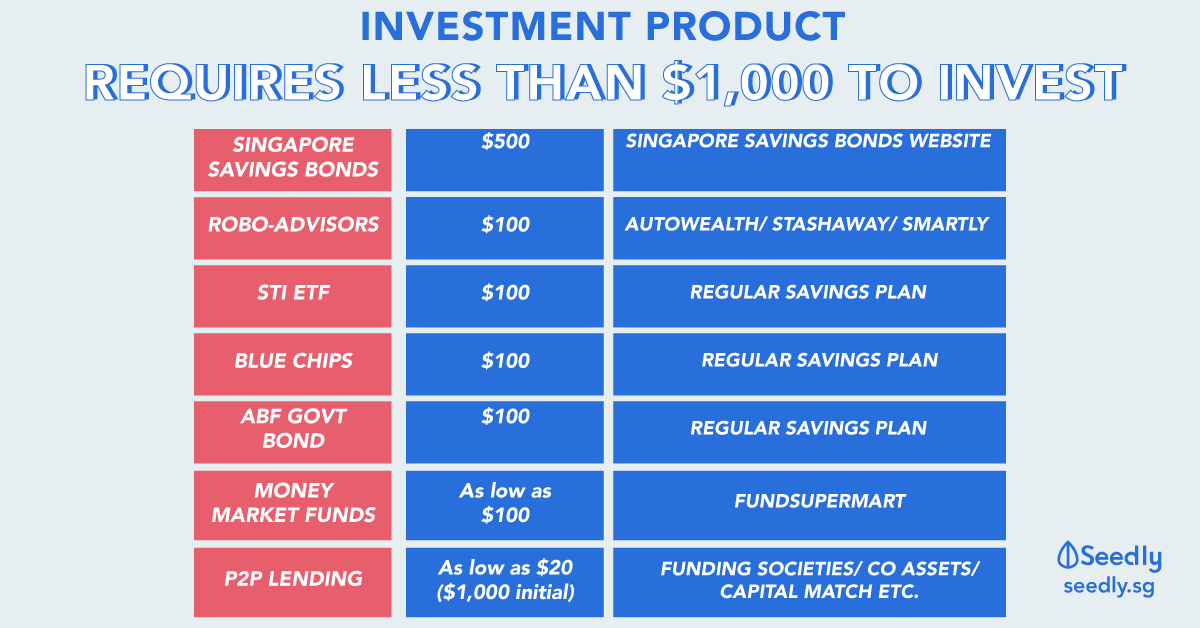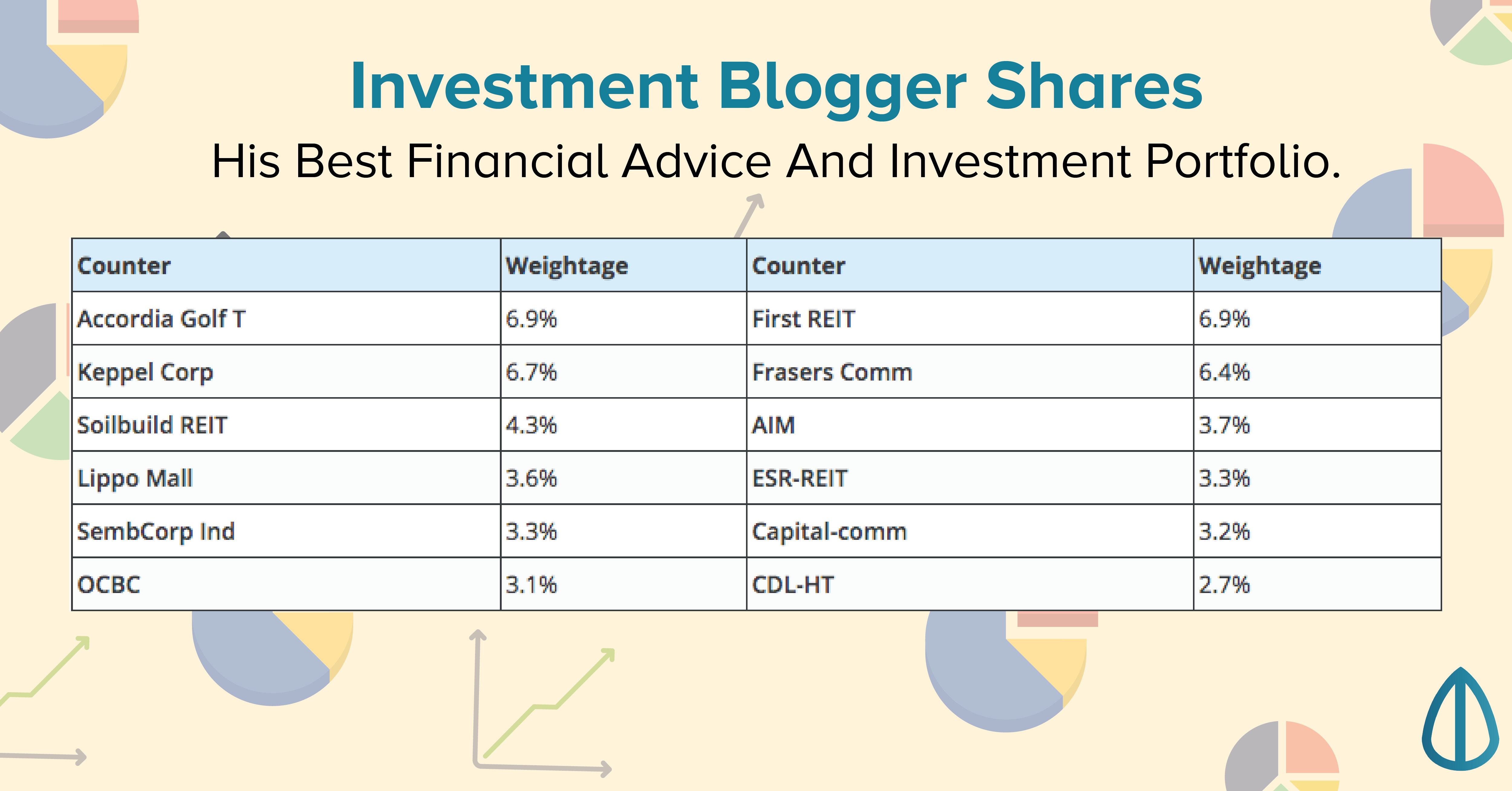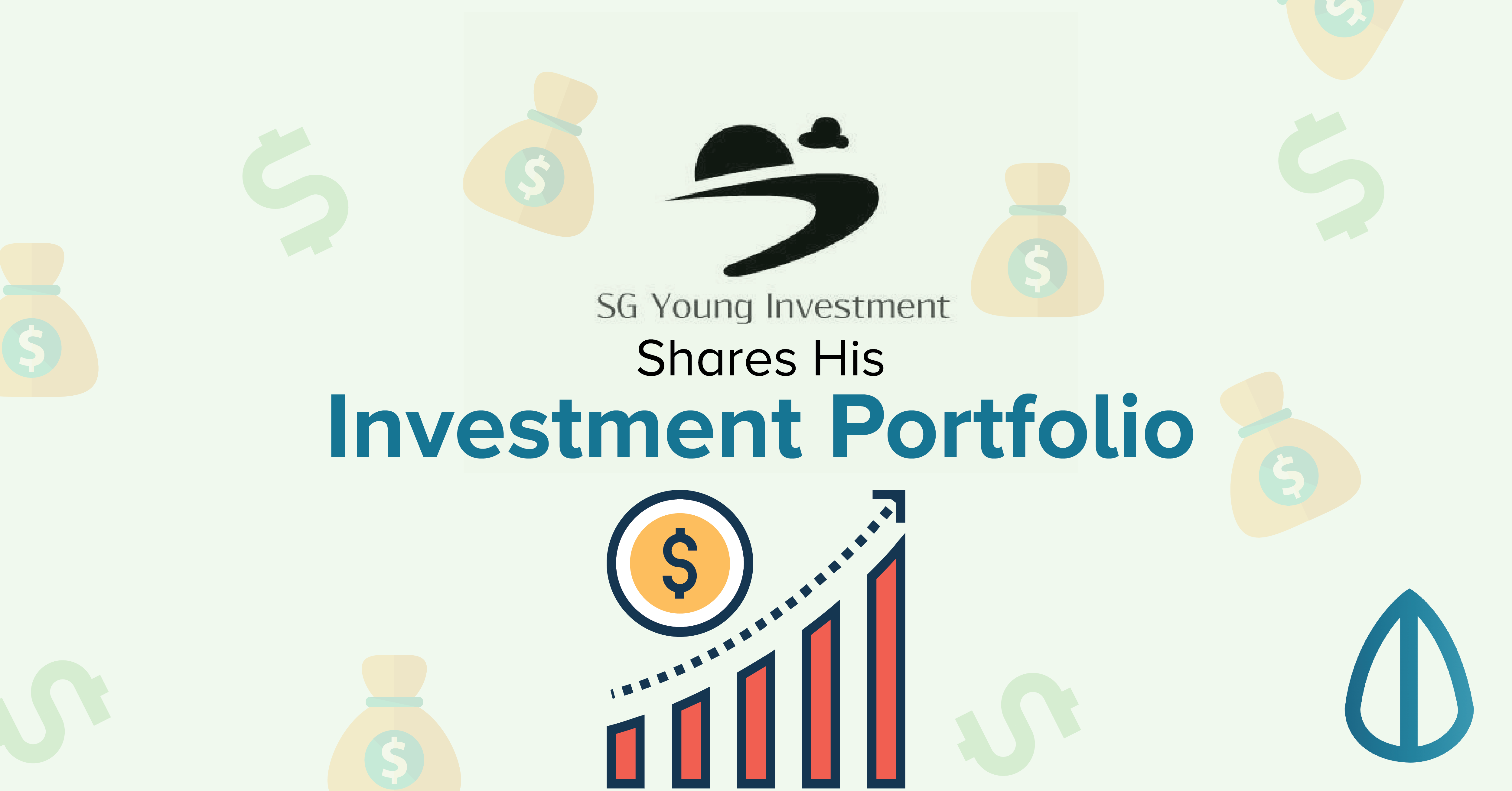Advertisement
Anonymous
What is your advice for a 21 year old young adult who has little to no investment knowledge and what are the ways to begin investing as a total newbie?
12
Discussion (12)
Learn how to style your text
Reply
Save
Pang Zhe Liang
07 Dec 2019
Lead of Research & Solutions at Havend Pte Ltd
Before you start investing, it will be best to understand your objective. Here are some questions to help you:
What is your capital?
How will you want to invest your capital? E.g. lump sum or an amount on a regular basis
How long will you want to stay invested? E.g. 10 years
What is your risk appetite? E.g. How do you feel about short-term volatility?
What is your objective for investing?
By understanding yourself, you will find out what type of assets fits into your needs, e.g. bonds, equity, or a balanced portfolio.
Thereafter, start reading into the asset class alongside with market news about it. Once you are comfortable and confident enough, consider making the first step to start.
As always, be open to seeking a second opinion from a professional who is open to share with you. Ask to see their portfolio and find out what makes them successful.
Here is everything about me and what I do best.
Reply
Save
Hi Anon,
From someone who started off in the same situation as you, nothing beats education and im...
Read 8 other comments with a Seedly account
You will also enjoy exclusive benefits and get access to members only features.
Sign up or login with an email here
Write your thoughts
Related Articles
Related Posts
Related Posts
Advertisement









My advice is that its importance to increase your financial knowledge first and understanding your personal risk appetite! This would require some effort put into research and self-reflection. Take the time as you are still young and in no rush.
Some questions: "Am I investing in hopes of realising it all in the future to fund my child's future education/buy a house?" or "Do I want it to be an alternative source of annual income that can come in terms of dividend?"
Important thing now is do not rush into buying popular stocks now just because they're cheap. You need the financial knowledge first to pick good stocks and evaluate them yourself. The notion of what goes down will come up worked in the last recession but this one seems to be an unpredictable battle to be honest.
I would recommend investing 50% in a market portfolio like S&P500 ETF as it historically yields 10% return and has a general upward trend. Another 50% can be other individual stocks that you like and see a potential of 10% return. Diversification is always important. There is no reward for bearing unnecessary risks.
While building up your knowledge, you can think about investing in low-risk savings plans (e.g. from banks, SSB) first to gain some extra interest, instead of keeping cash in the bank.